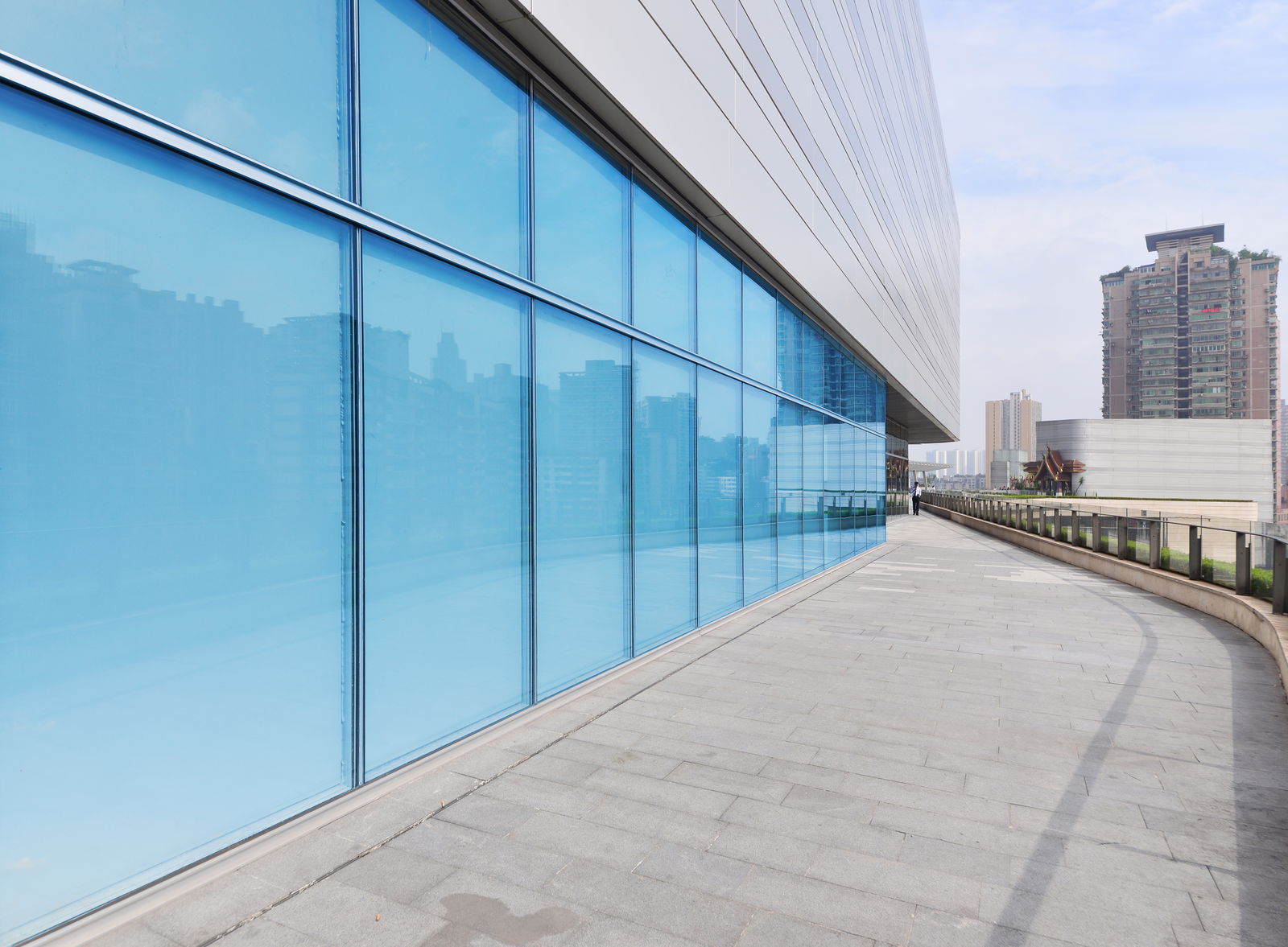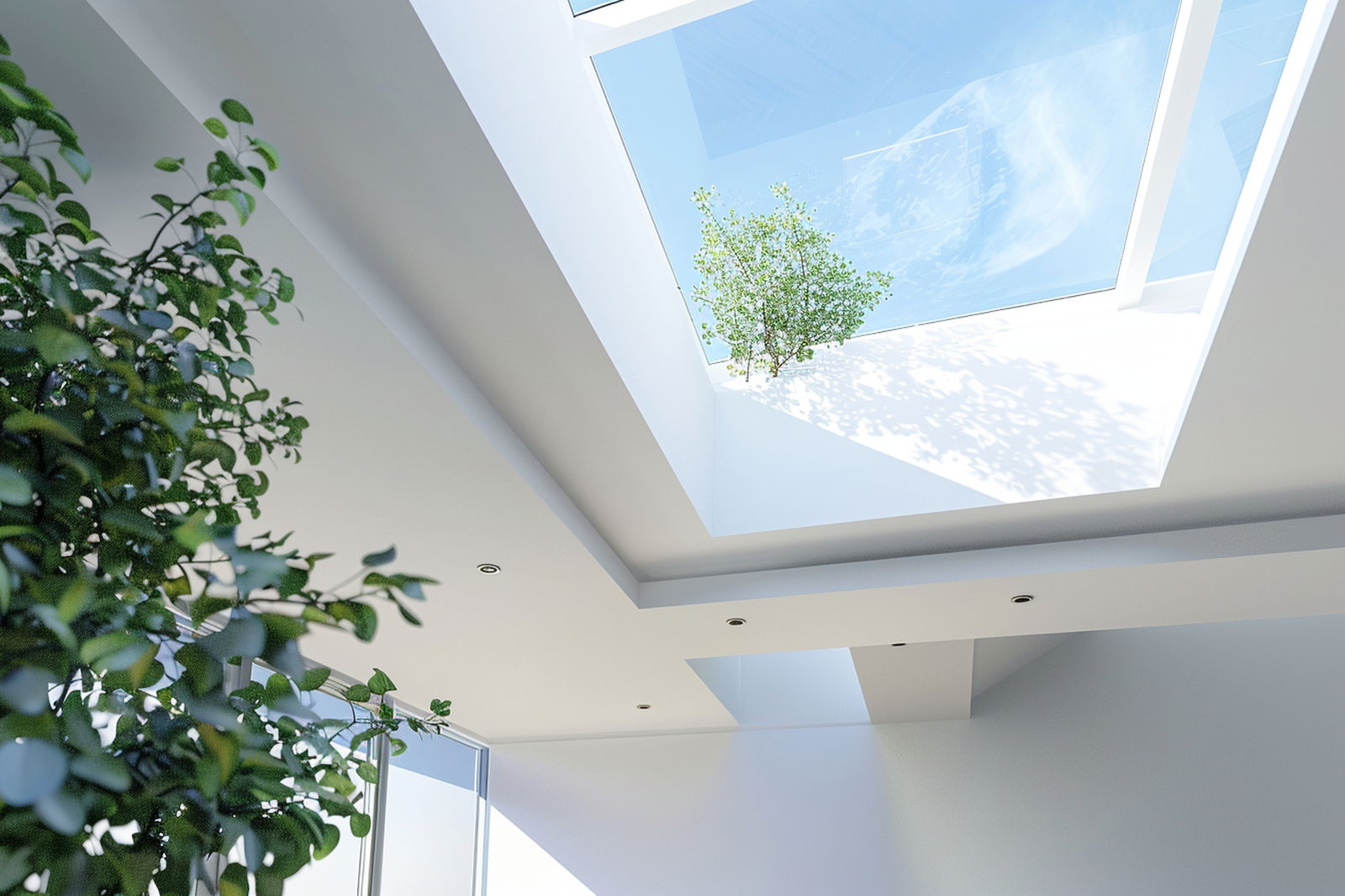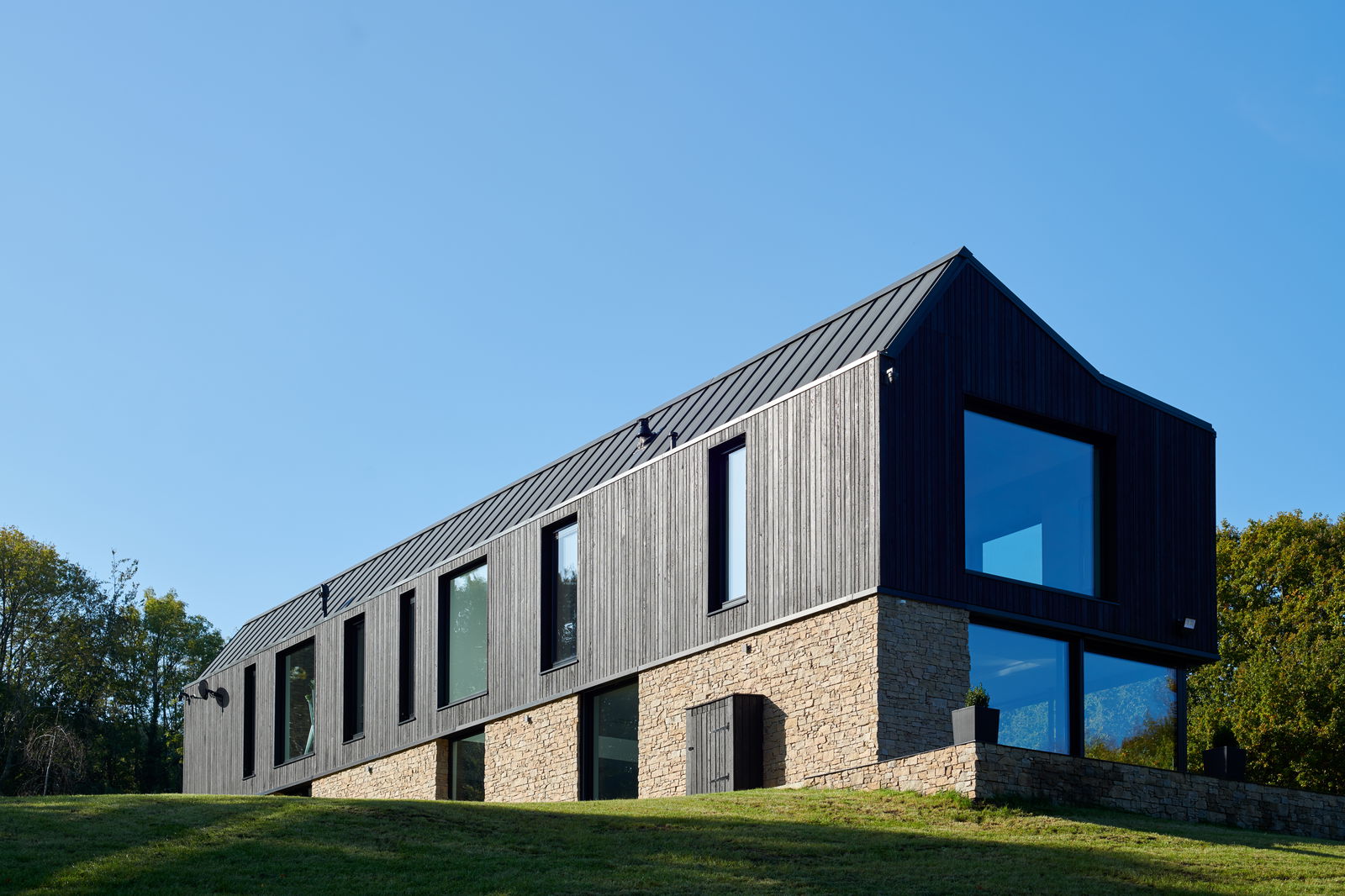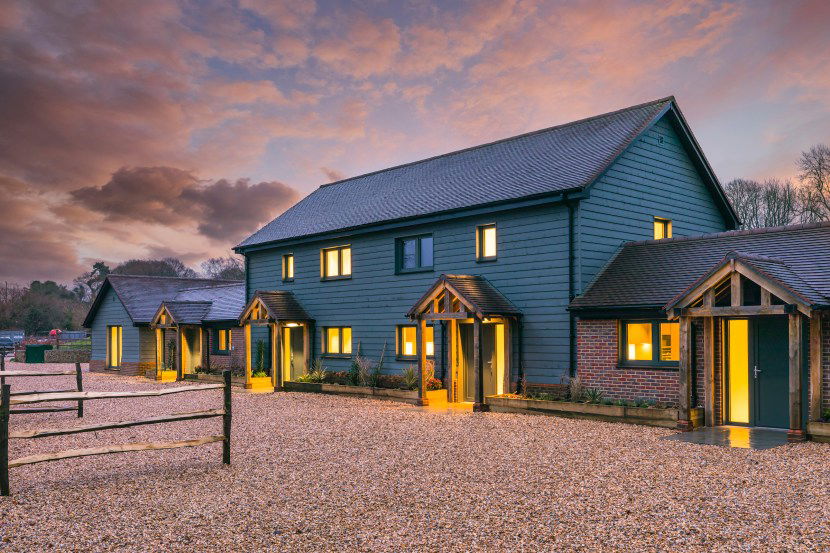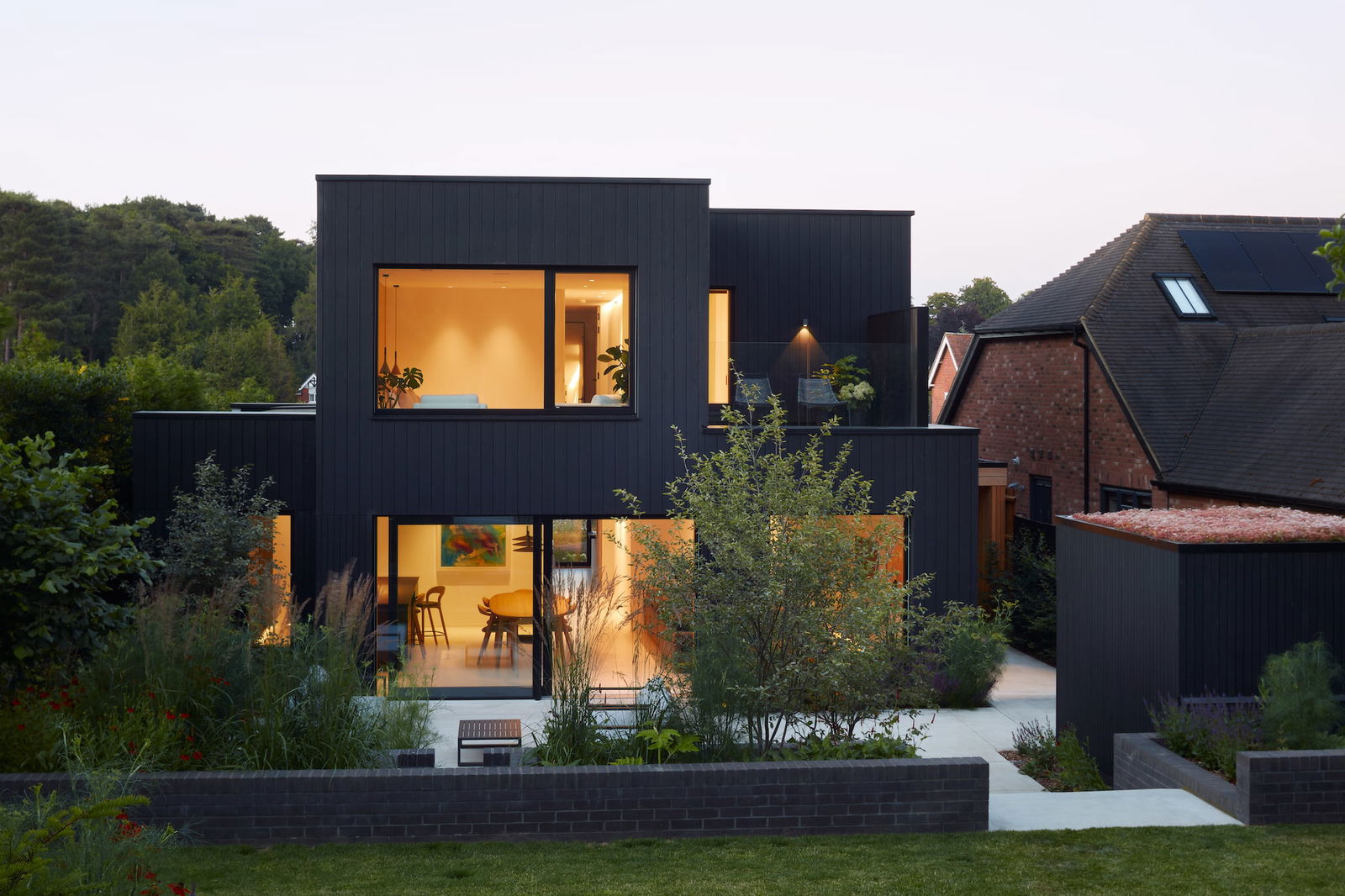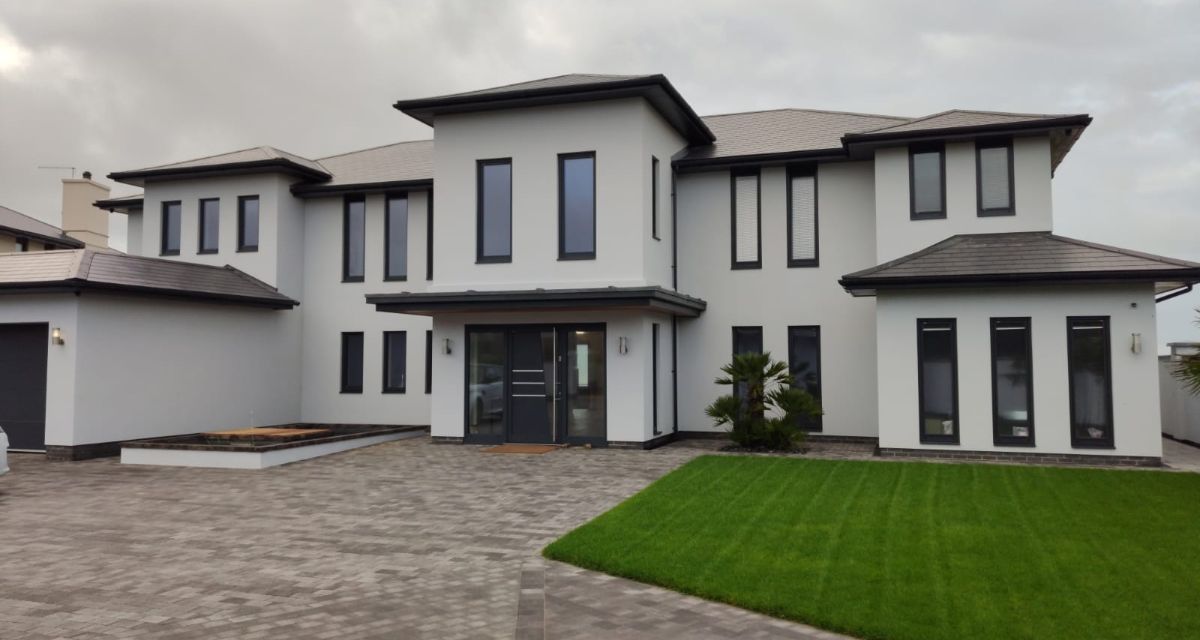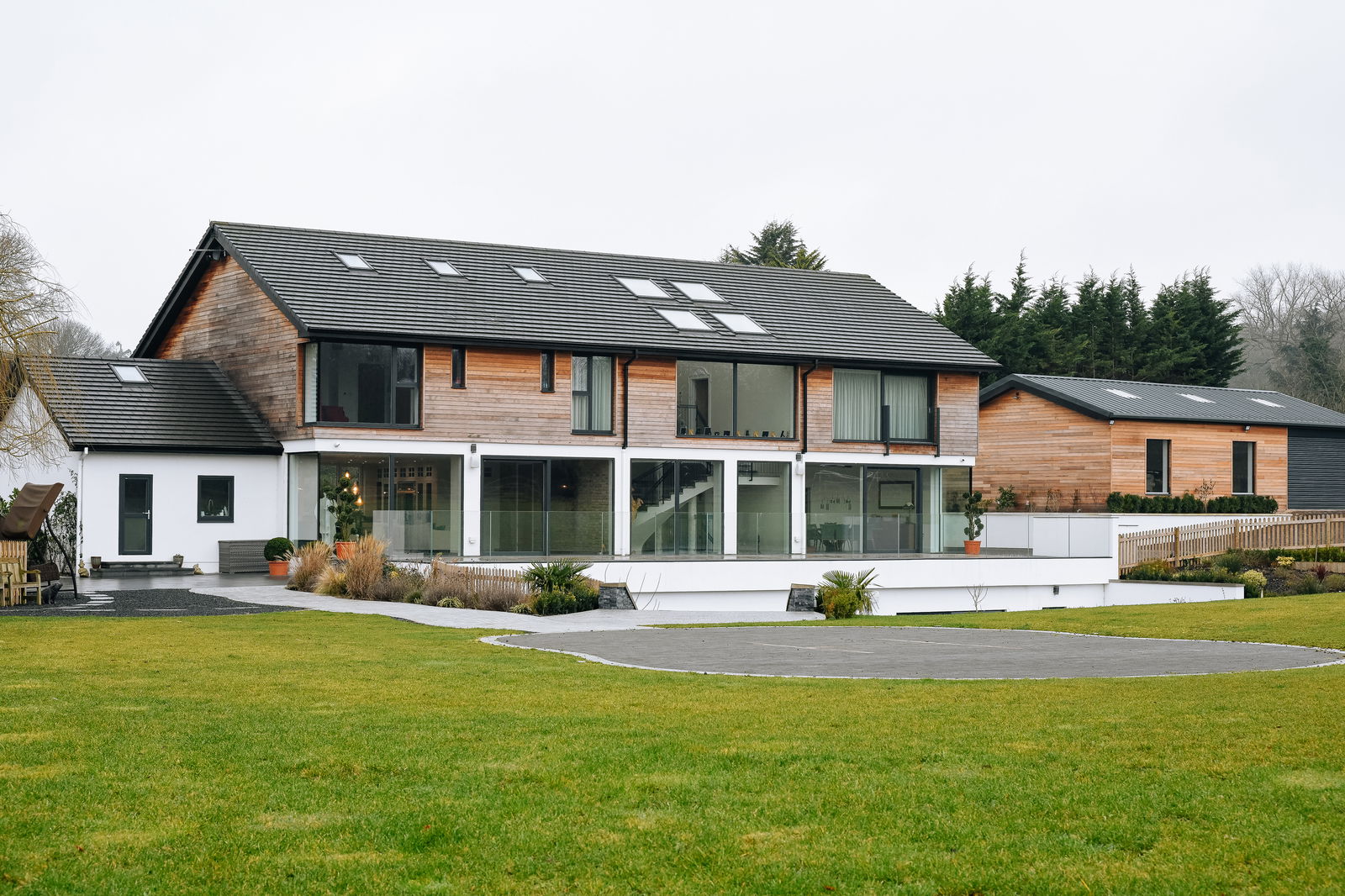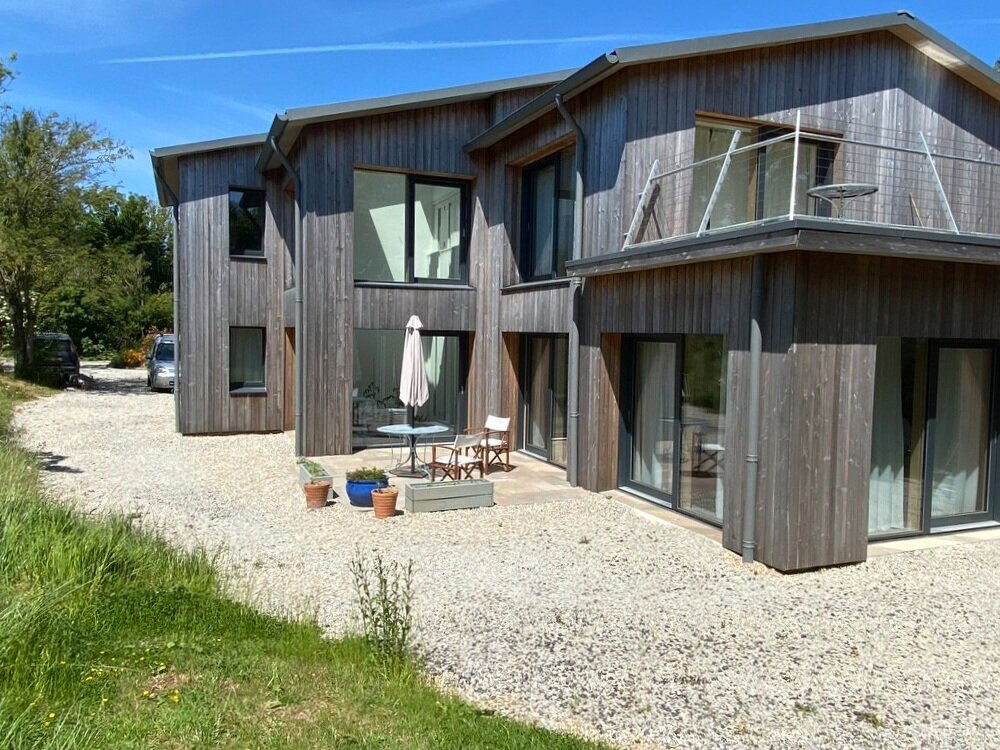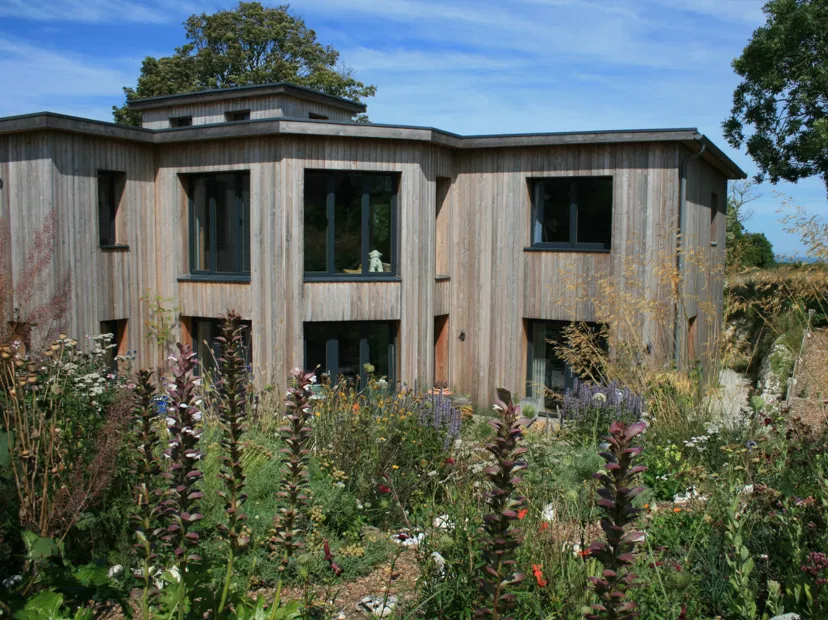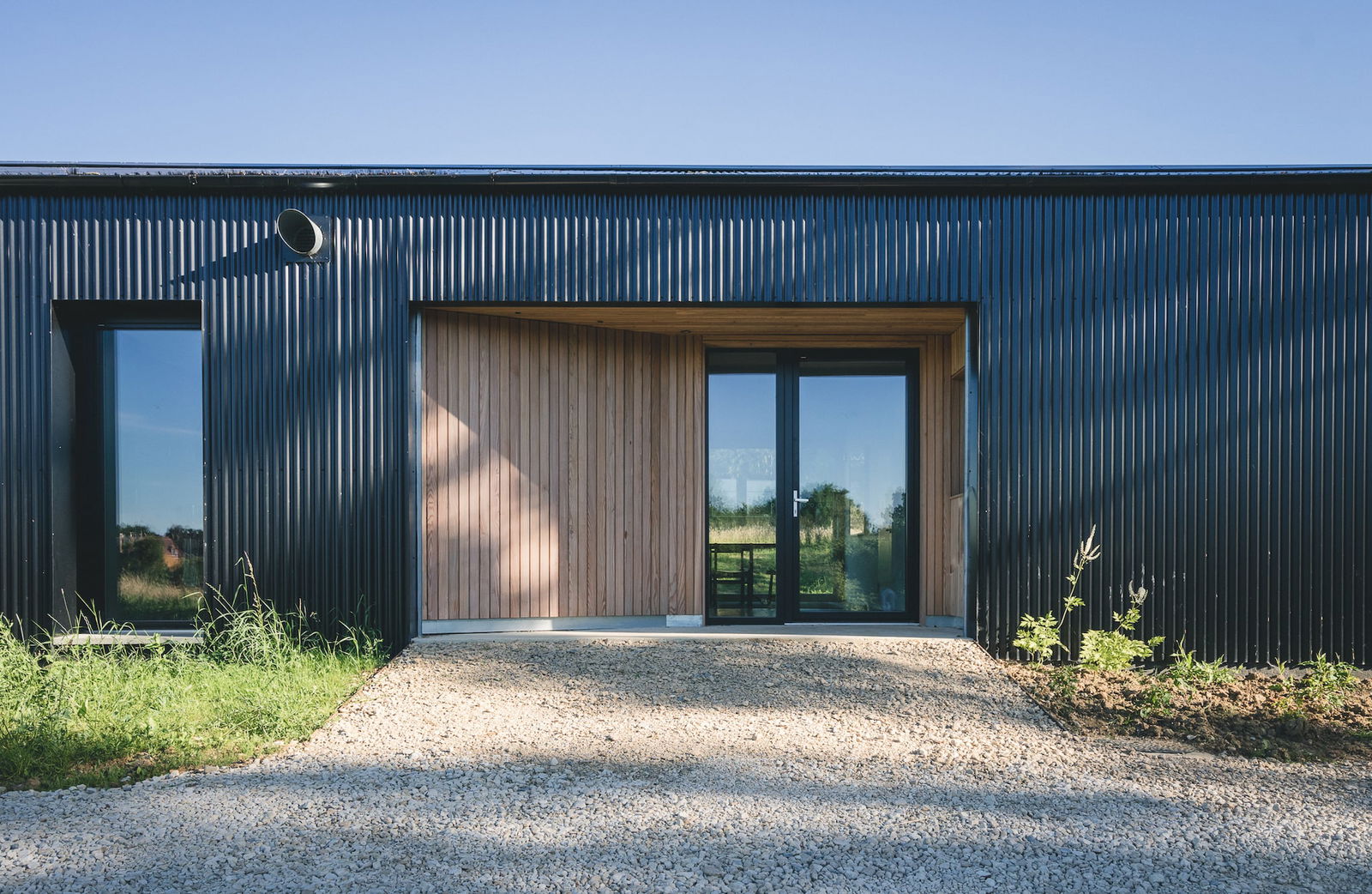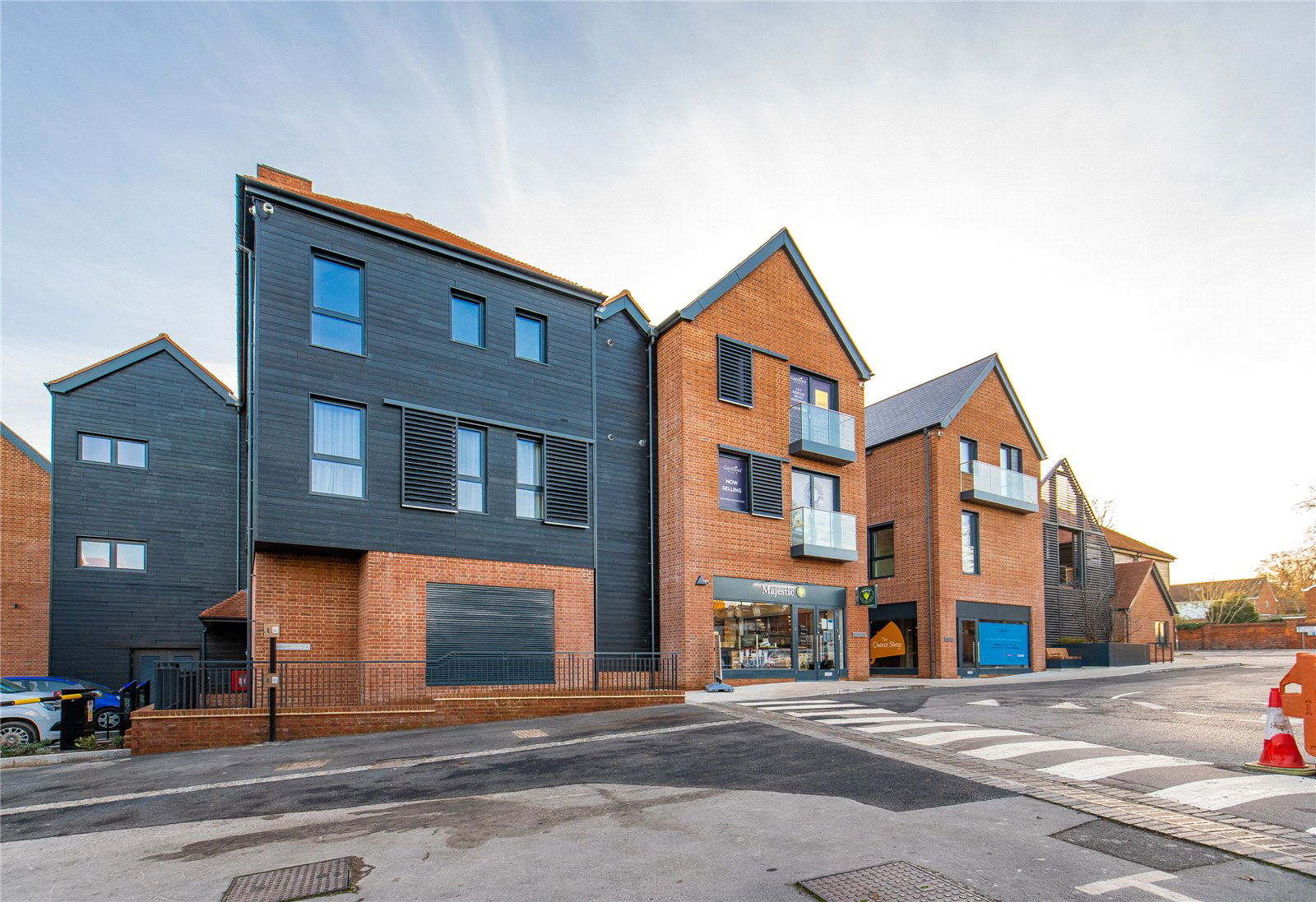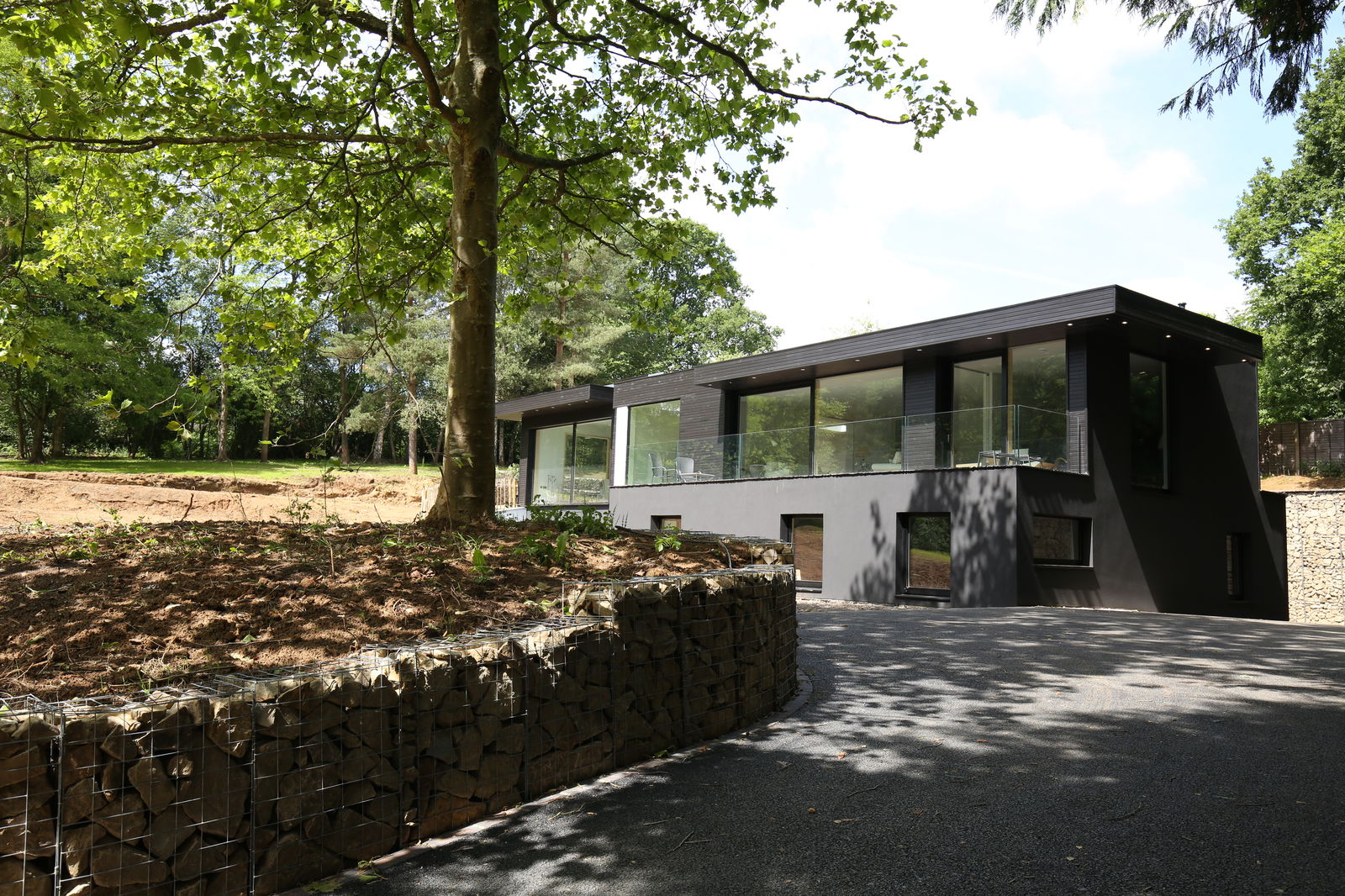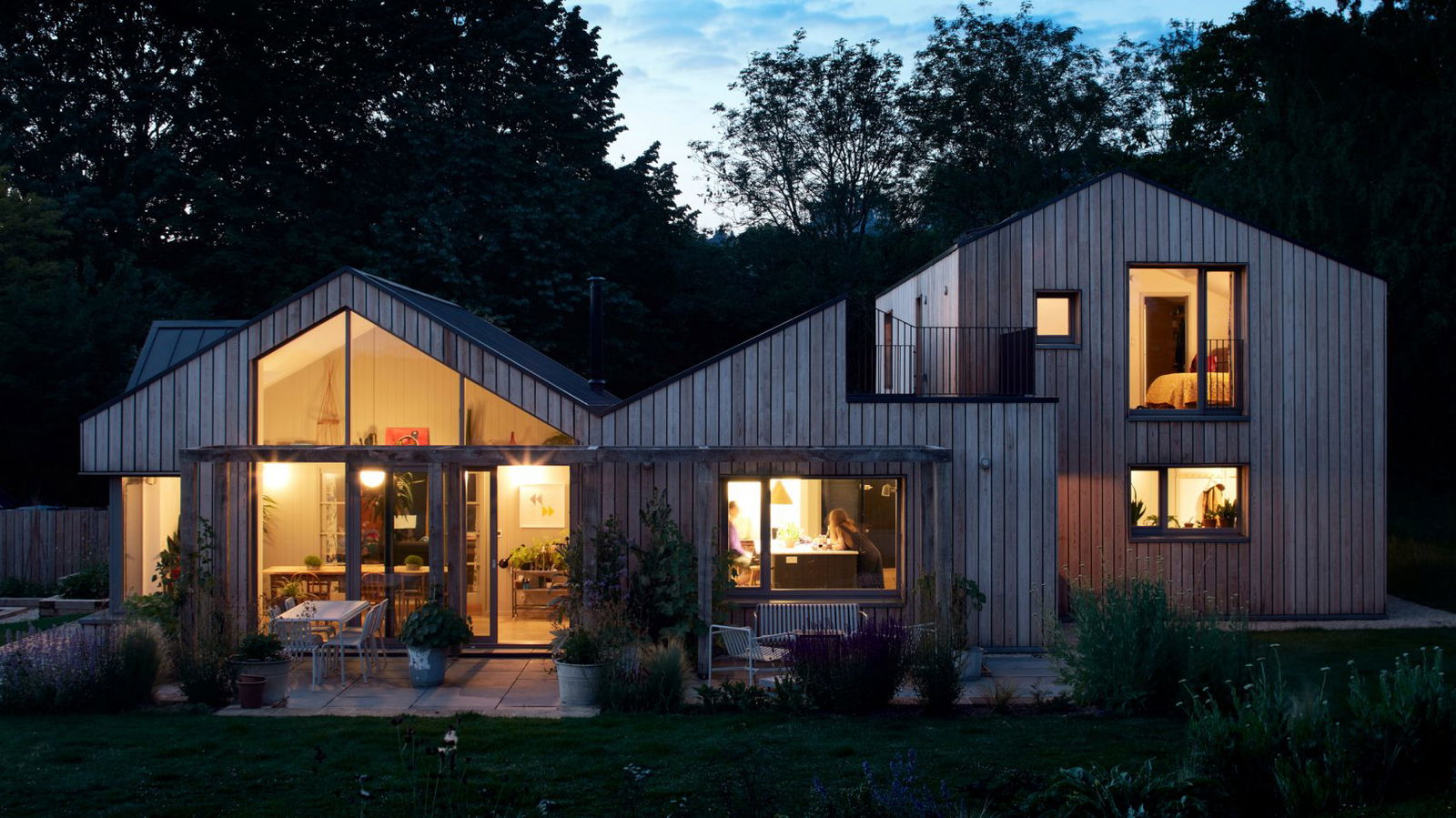When to Buy Windows: Season-by-Season Guide
Winter (Dec–Feb): Best for Bargains
Winter is typically a quieter season for the industry, and some suppliers may offer off-season incentives.
- Pros:
- Potential for lower prices
- Greater scheduling flexibility
- Easier to arrange quick installations
- Cons:
- Installation in extreme cold can make sealing more challenging
- Rain and snow may delay site access or prolong installation
Spring & Autumn: Best for Installation Quality
These seasons offer stable, mild temperatures (10–20°C), ideal for both installers and material performance.
AT-ECO Insight: These months provide a balance of workable weather and moderate demand—ideal for high-performance installations requiring airtight sealing.
- Pros:
- Fewer temperature or moisture-related installation issues
- Optimal curing conditions for foams and sealants
- Less risk of thermal bridging during install
- Cons:
- Demand rises, especially in spring—so earlier scheduling is recommended
- Fewer seasonal discounts compared to winter
Summer (Jun–Aug): Best for Speed
Summer is peak renovation season. Warm, dry weather speeds up installation, but demand is high.
- Pros:
- Warm weather allows for quick and efficient installation
- Dry conditions help minimise delays
- Cons:
- Discounts and special offers are rare
- Installers are often fully booked—plan well in advance
Installation: What Matters Most
Temperature-Sensitive Materials
- Sealants work best between 5°C and 25°C
- We use reliable high-performance low-expansion foams and hybrid sealants for optimal results across all seasons
Flashing & Waterproofing
A professional window installation should include:
- Proper flashing to redirect water away from window openings
- Airtight sealing with EPDM or vapour-permeable membranes
- Insulated frames and correctly installed glazing to reduce heat loss and cold bridging
AT-ECO Insight: Our standard installation uses multi-layer sealing systems tested for the UK’s variable climate—especially important for exposed or coastal properties.
Why Now Might Be the Right Time to Upgrade
Understand Your Window’s U-Value
The U-value measures how well a window resists heat loss—the lower, the better.
| Window Type | U-Value (Uw) |
|---|---|
| Single Glazing | 4.8 – 5.8 W/m²K |
| Standard Double Glazing | 1.6 – 2.2 W/m²K |
| Triple Glazing (Internorm / Drutex) | 0.8 – 1.0 W/m²K |
Recommendation: Aim for ≤ 1.0 W/m²K to meet upcoming 2025 Part L standards and maximise energy efficiency.
Quantifying Energy Savings
Upgrading from single to A-rated triple glazing could save a detached UK household between £900–£1200 per year on heating, depending on energy costs and property size.
Energy Performance Terms Explained
| Metric | What It Means | Target Range |
|---|---|---|
| U-value | Heat transfer rate through window | ≤ 1.0 W/m²K |
| WER (Window Energy Rating) | A++ (best) to G (worst) scale | A or higher |
| SHGC (Solar Heat Gain Coefficient) | Measures solar radiation transmitted | < 0.5 (UK climates) |
| ACH (Air Changes per Hour) | Air leakage through the window | < 0.3 ACH |
Budgeting & Planning
Prioritise What Matters
- Replace damaged, draughty, or fogged units first
- Focus on performance improvements and long-term value
Compare Window Types
| Frame Type | Notes |
|---|---|
| uPVC | Budget-friendly, low maintenance |
| Timber | Traditional look, higher maintenance |
| Aluminium | Sleek, modern appearance, highly durable |
| Timber-Aluminium | Combines warmth of wood with aluminium durability |
Window Maintenance Tips
Maintaining new windows is simple but essential:
- Clean glass and frames every 2–3 months with mild soap and water
- Lubricate locks and hinges twice a year using silicone-based lubricant
- Check seals and weather stripping annually
- Condensation between panes? It’s a sign the sealed unit may have failed
Tip: Read our full Window Maintenance Guide to keep your investment performing at its best.
Final Thoughts: Timing Is Everything
If saving on cost is your top concern, winter may offer the best opportunity. For smoother installations, spring or autumn provides more consistent weather. Regardless of season, careful planning and working with a certified, experienced installer are key.
At AT-ECO, we guide our clients through every step—from choosing the right product to aligning installation with seasonal advantages. We’ll ensure your windows meet the highest standards of performance, regulation, and comfort—whatever the weather.






